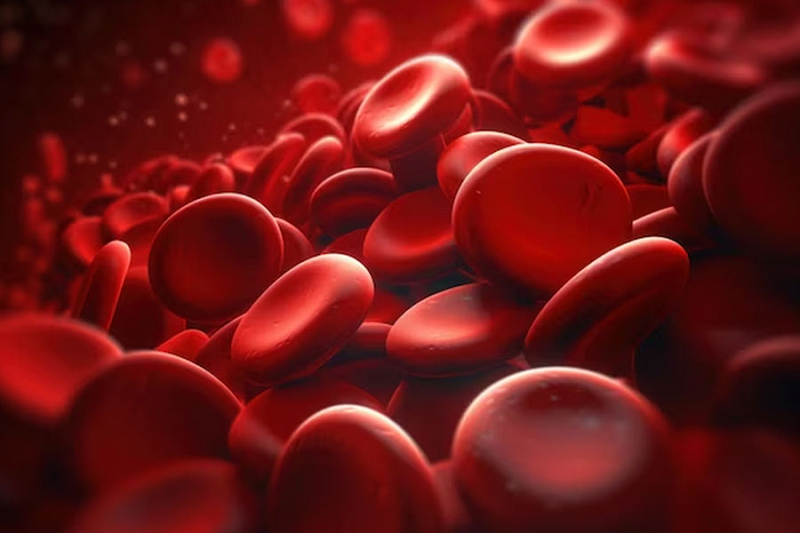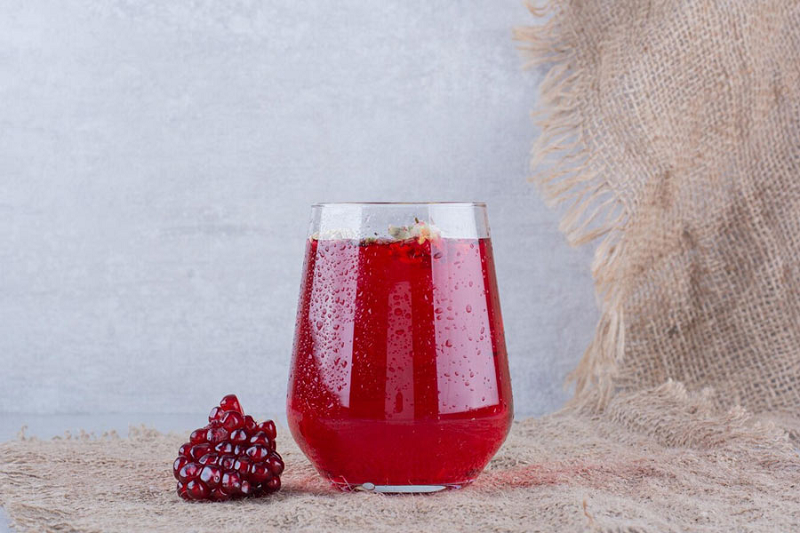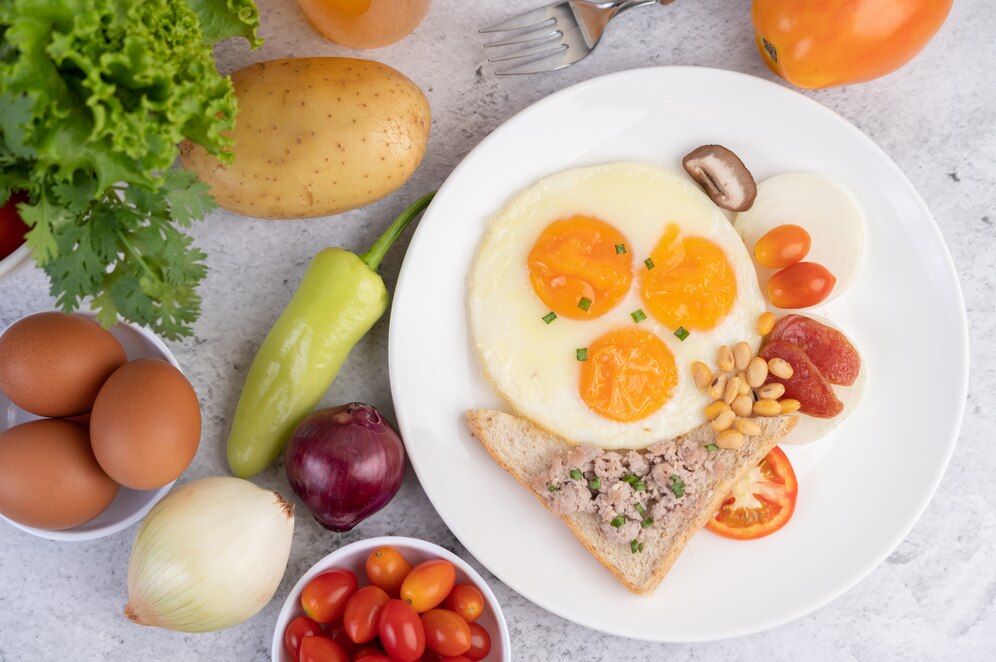When there is excessive blood loss in the body then the person becomes a victim of anemia. Women are affected the most by this. In this problem, your body does not produce red blood cells in sufficient quantity. If it is not treated at the right time, the matter can become serious. Although doctors prescribe many types of medicines and iron tablets to deal with anemia, you can also overcome the blood deficiency by consuming some healthy drinks. Dietitian Priyanka Jaiswal is giving information about this.
Drink these healthy drinks to get rid of anemia
Beetroot

Beetroot is considered best for increasing blood. The amount of iron in it is quite high. Besides, it also contains many nutrients like Vitamin C, Folate, and Manganese, which can help you in increasing your blood. Drinking a glass of beetroot juice daily can solve your problem. It also helps in producing red blood cells.
Spinach
You can also drink spinach juice to remove anaemia. Spinach is very rich in nutrients like iron, vitamin A and vitamin C. Palak is also called the powerhouse of antioxidants. Along with increasing blood in the body, it also strengthens immunity. This helps in reducing the symptoms of anaemia. However, if you have kidney-related problems then consume it only on the advice of the doctor.
Pomegranate

Pomegranate has always been considered good for health. Pomegranate contains essential nutrients like iron, folate, vitamin C, calcium, minerals, and potassium. It contains the highest amount of iron. Drinking pomegranate juice can also help a lot in increasing blood.
Orange juice
You can also drink orange juice to overcome anaemia. Orange juice not only provides vitamin C but it also provides iron. Apart from reducing the symptoms of anaemia, it can also help boost immunity.
Apple
You can also include apple juice in your diet. Iron, fibre and many essential vitamins are found in apples. In such a situation, if you drink juice then haemoglobin deficiency can also be cured. Apple juice can also prove helpful in the formation of red blood cells.
Image Credit: Freepik










